Jake “Boaster” Howlett felt goosebumps as the crowd of 10,000 Counter-Strike: Global Offensive fans roared inside the SSE Arena in Wembley. With his camera in hand, standing inches away from his idols Lukas “gla1ve” Rossander and Nicolai “dev1ce” Reedtz as they prepared to walk on stage and secure their second Major title, nobody paid any attention to the then aspiring pro.
Boaster watched as five Danish CS:GO titans lifted the game’s most illustrious trophy in London. It was 2018, Astralis had won their second Major and, even though it was one of the biggest and best esports events to have ever taken place in the UK, there was absolutely no home ground advantage for their teams and players.
Connor “Sliggy” Blomfield and Jamie “Keita” Hall, two other ambitious brits, were also there. Everybody knows them now as the Team Liquid VALORANT maestro and the Complexity Counter-Strike coach, but not many remember that they were both observers at the FACEIT Major.
Fighting apathy in the UK
While going pro wasn’t their end goal, they knew all about the struggles of being from the UKCS community, and they understood why the odds were stacked against the likes of Boaster. The UK simply didn’t produce enough top-level players in comparison to other regions. It wasn’t for a lack of talent by any means, but the fundamental absence of structure paired with bad attitudes from players. This made it incredibly difficult for people like these three to succeed.
“There is a big mentality issue when it comes to UKCS,” Sliggy said. “We lost a lot of our old guards from CS Source and we didn’t really have a good foundation to build our scene on unlike some of the other countries. There was never really anyone to teach the younger players professionalism or how to have the right mentality and it just spiraled a little out of control.”
Sliggy described teams that would come in and do okay for six months before folding, to the point where that became synonymous with the UK’s reputation.
“I don’t blame people because the stigma is accurate to a degree,” Sliggy said. “It wasn’t the best place to be. It’s difficult to break out of it and it’s really difficult to get noticed. You have a few standouts, for sure, in terms of players who have managed to break out, and they deserve a lot of praise for it.
That’s why players like Owen “smooya” Butterfield and Rory “dephh” Jackson were practically celebrities — not solely because they were on the top of their game but because they cracked the code. They managed to break out of the UKCS scene. They were living Jake “Boaster” Howlett’s dream.
Boaster was 23-years-old at the time and, after dedicating five years of his life to competitive CS:GO, his biggest achievement was winning the ESL Premiership as a stand-in. He was barely getting paid from Counter-Strike, and with his savings running out fast, Boaster turned to content creation and streaming as a side gig so he could keep supporting his goals of going pro.
With a background in theatre, singing and dancing, making content came naturally to him. Then, through an online competition, he managed to catch FACEIT’s attention. One thing led to another and Boaster landed himself a once in a lifetime opportunity to vlog the London Major, mingling with the world’s best players backstage and living the dreams of every Counter-Strike fan. Unfortunately for him, that wasn’t his dream.
“It was so hype, but I was insanely jealous,” Boaster said. “I remember walking through and thinking I was just a nobody. Five years into my grind to go pro and I was still a nobody. My dreams and goals still felt so far away. I literally couldn’t focus on anything else in life except for going pro, nothing else interested me.”
Boaster likened the experience to that of a movie villain who pines for the hero’s wonderful life from the background. He was just a shadow on the wall — someone who just wanted to play on the big stage.



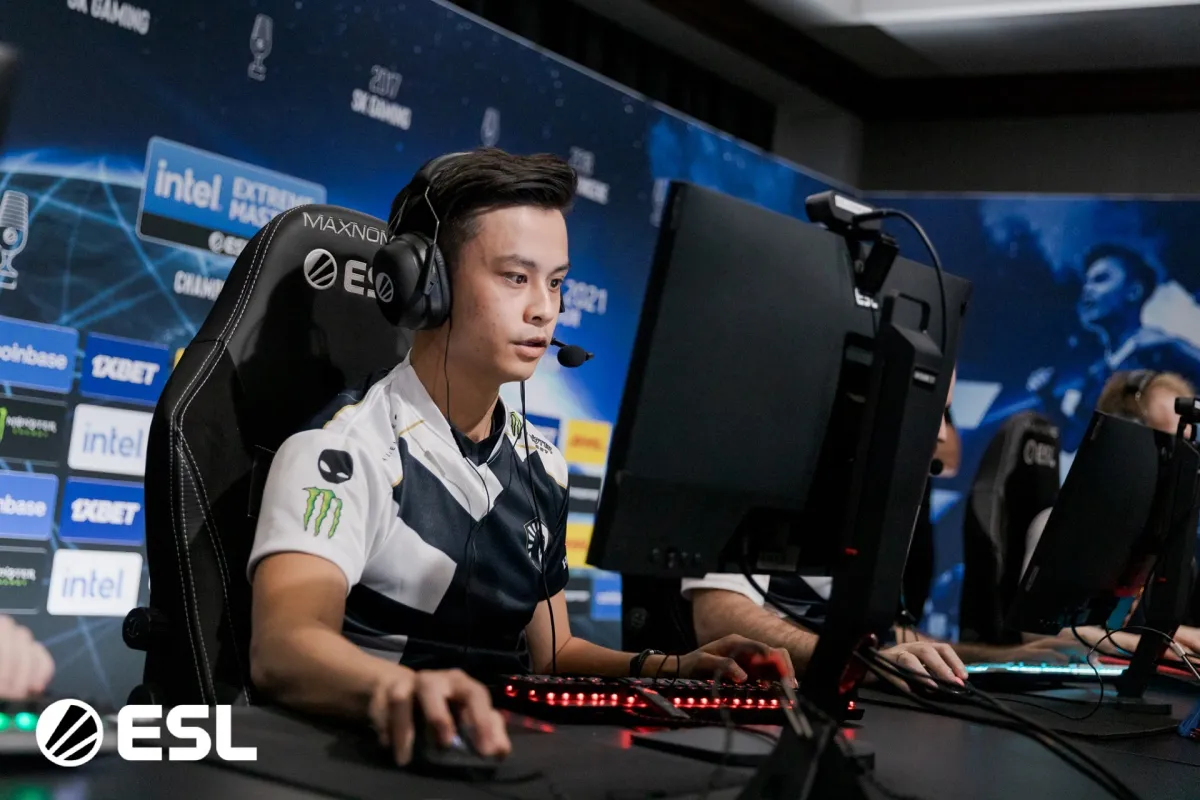
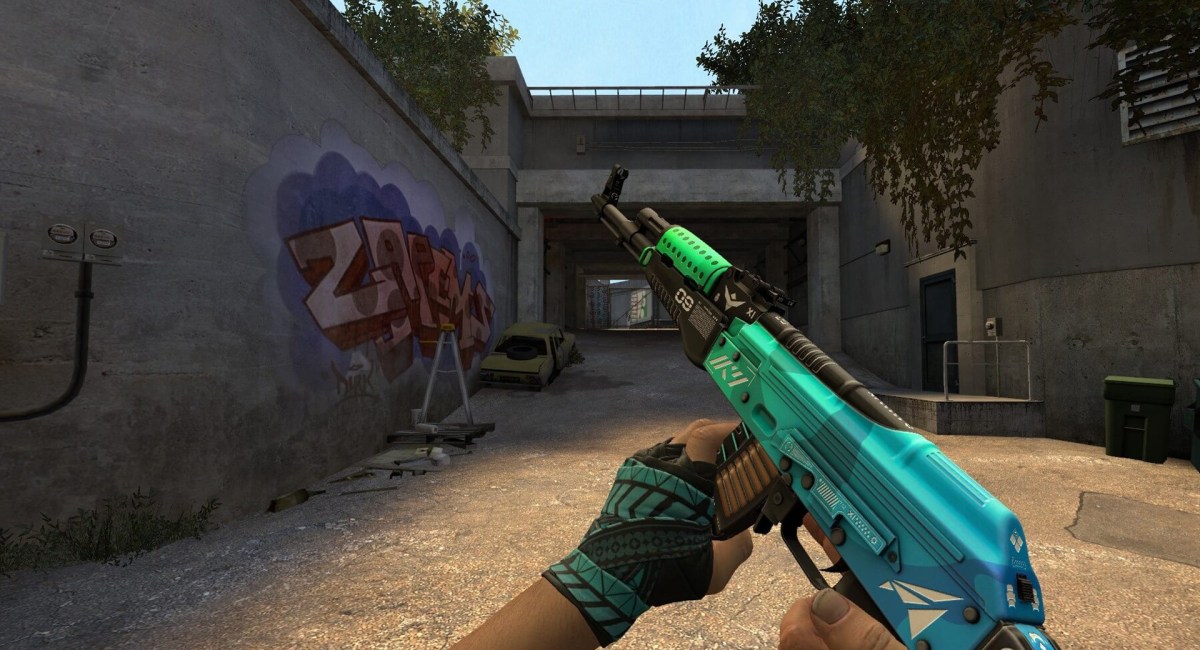
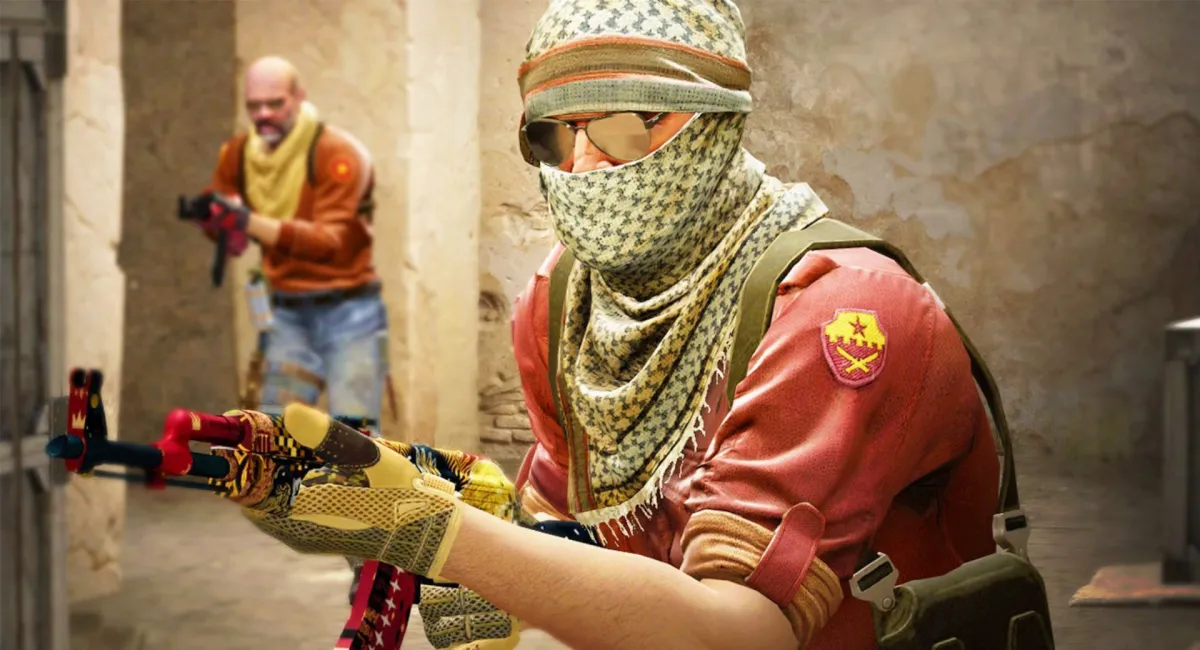
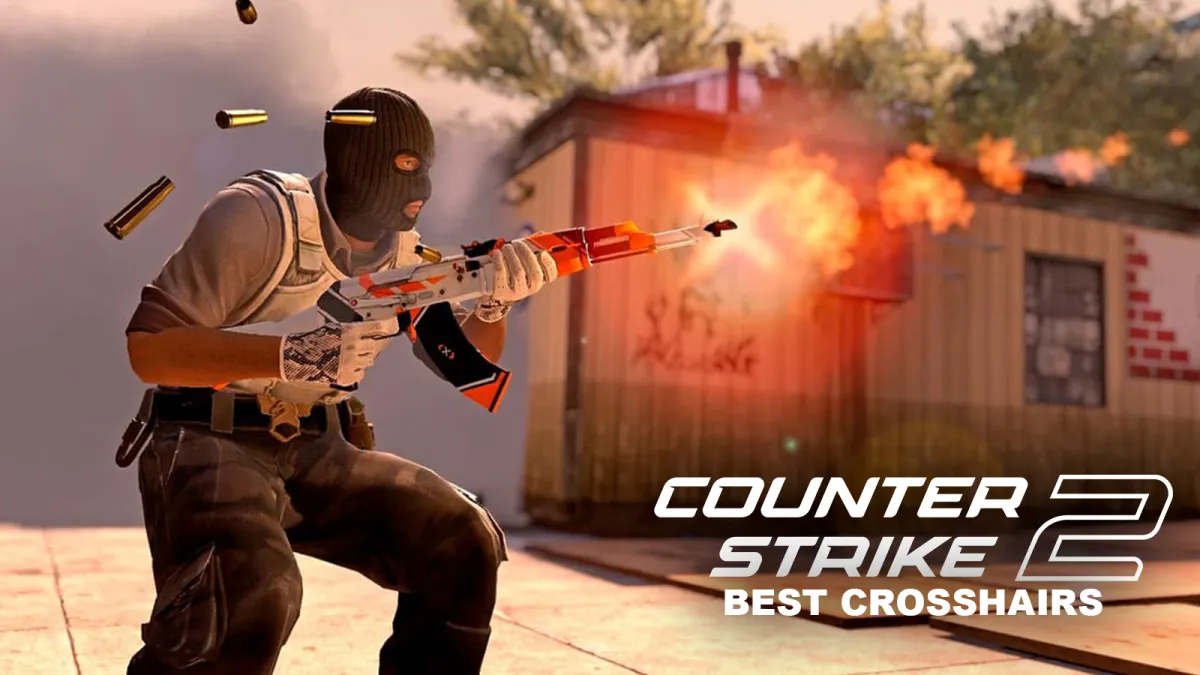
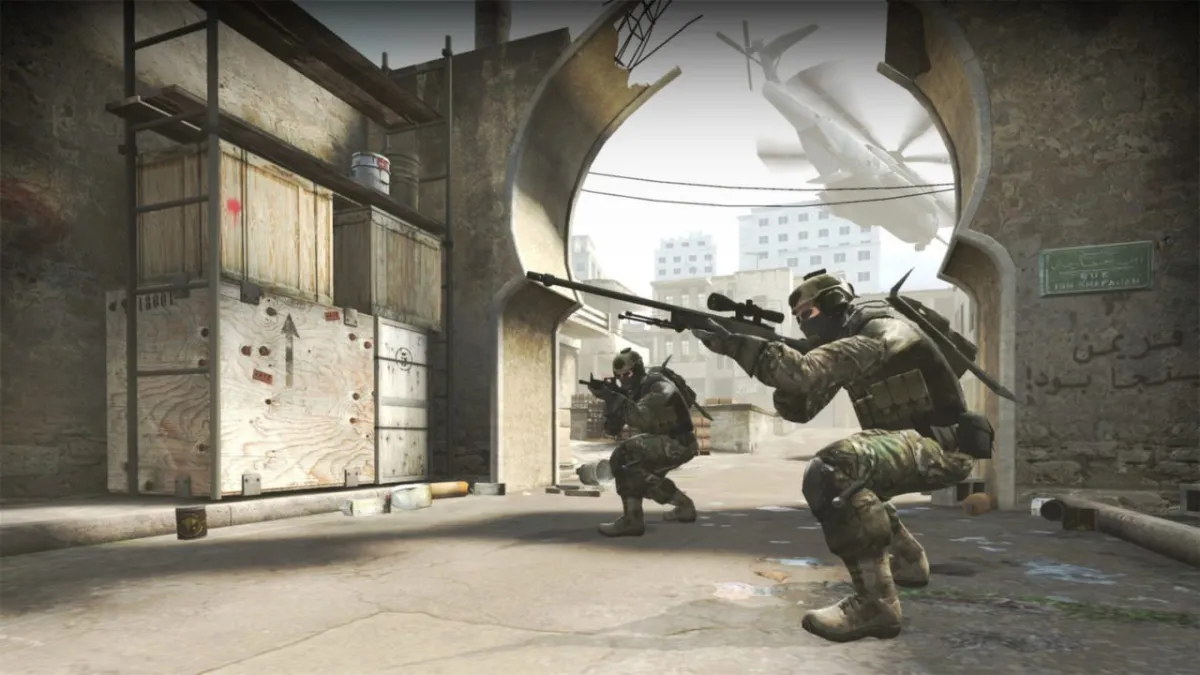



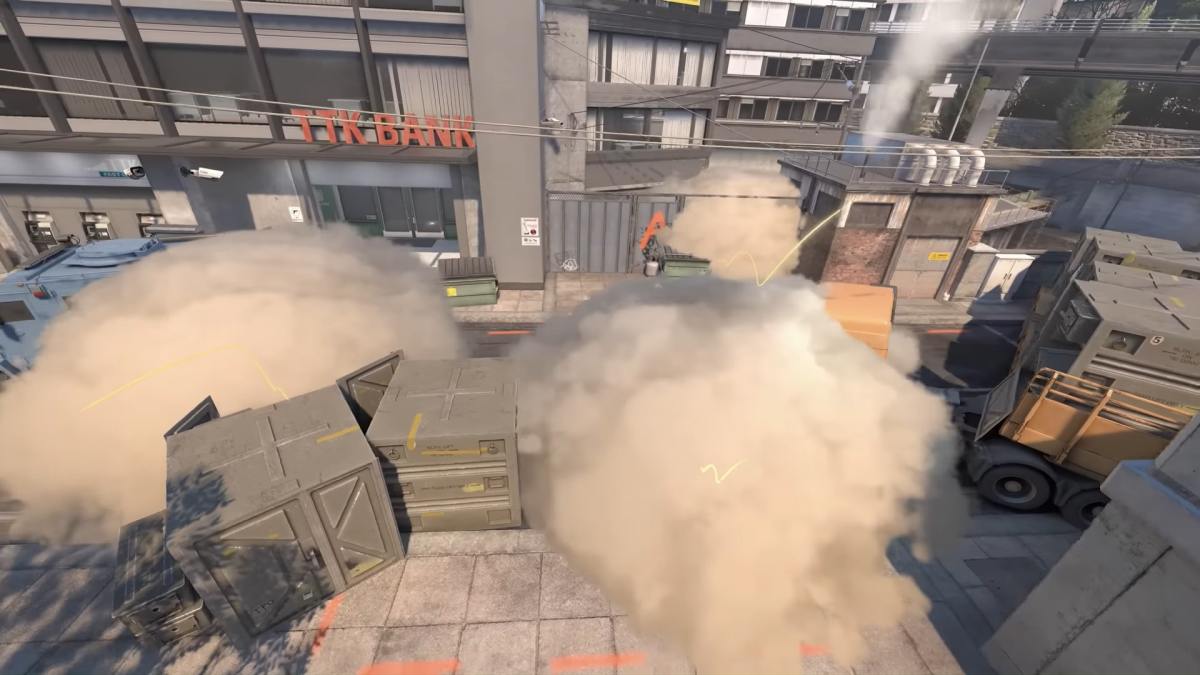





Published: Apr 28, 2021 03:00 pm